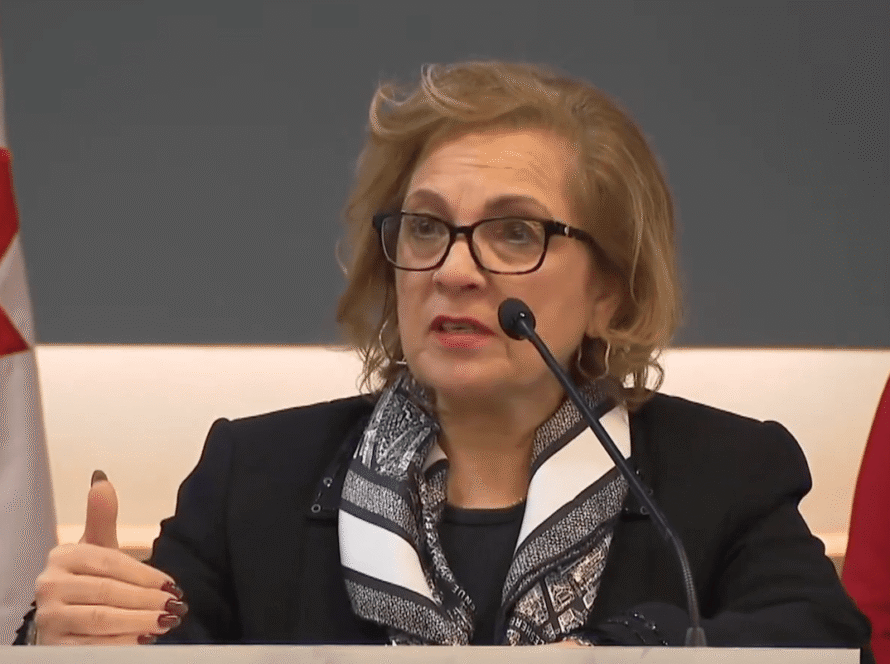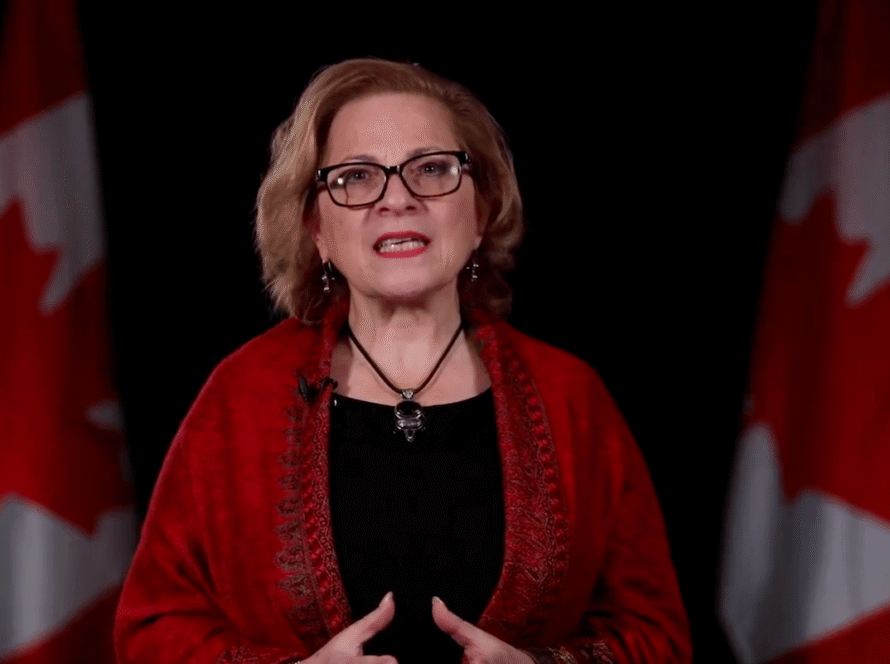[IRCC Mistakes Drive Increase in Canada Immigration Refusals]
![[IRCC Mistakes Drive Increase in Canada Immigration Refusals]](https://gcmsnotesrequest.ca/wp-content/uploads/2025/11/IRCC-Mistakes-Drive-Increase-in-Canada-Immigration-Refusals.jpg)
Title: Navigating the Surge in Canadian Immigration Refusals: Challenges and Opportunities
Canada continues to be a sought-after destination for immigrants, drawn by its diverse society and opportunities. However, a sharp rise in immigration application refusals by Immigration, Refugees and Citizenship Canada (IRCC) has raised concerns. The increase spans visitor visas, study permits, Post-Graduation Work Permits (PGWPs), Spousal Open Work Permits (SOWPs), and even Permanent Residency (PR) applications, particularly from high-risk countries. Applicants and immigration professionals are worried about the implications of these refusals, many of which result from IRCC errors.
Key Drivers Behind Increased Refusals
- Overburdened Systems: With nearly 2 million applications under process at any time, the IRCC is stretched thin, leading to potential oversight by overworked officers.
- Policy Changes: Recent policy shifts have introduced stricter eligibility criteria, catching applicants off guard and complicating the approval process.
- Inconsistent Decision-Making: Discretionary power among visa officers can lead to varied outcomes and perceptions of unfairness.
- Procedural Errors: Miscommunication and errors in procedural fairness letters add to applicants’ frustrations.
- Increased Applications: As Canada’s appeal grows, so does the volume of applications, potentially leading to rushed assessments.
Impact on Applicants
Refusals carry significant emotional and financial tolls. For international students, a PGWP denial could mean losing critical work experience, while repeated refusals might tarnish an applicant’s credibility, complicating future applications. Financially, reapplying or seeking judicial review can be burdensome, with legal fees and application costs adding up quickly.
Common Reasons for Refusals
Different immigration streams have unique refusal triggers. For visitor visas, insufficient proof of intent to leave Canada is a common issue. Study permits often face refusals due to financial insufficiencies or questionable program choices. PGWPs can be denied if the program attended was ineligible, while SOWPs might be refused due to weak proof of relationship. PR applications often falter due to incomplete documentation or low Comprehensive Ranking System (CRS) scores.
Navigating a Refusal
Applicants have several paths after a refusal: reapplying, requesting reconsideration, or seeking judicial review. Each option has its challenges and potential benefits.
- Reapplying: This involves submitting a new application with corrected documents, though it requires new fees and may not be viable if eligibility has lapsed.
- Requesting Reconsideration: This is a low-cost, albeit low-success option, suitable when there’s clear evidence of IRCC error.
- Judicial Review: A costly and lengthy process, suitable for challenging procedurally unfair decisions.
Call for Systemic Change
The rising refusal rates and IRCC errors underscore the need for systemic reform. Clear refusal explanations, improved officer training, and a formal reconsideration process could enhance fairness and transparency.
Turning Setbacks into Opportunities
Despite setbacks, understanding the reasons behind refusals and addressing them can keep the Canadian dream alive. Applicants should ensure comprehensive applications, follow guidelines, and seek professional guidance when needed. It’s essential to stay informed, resilient, and proactive in navigating the complex immigration landscape.
This evolving situation highlights the importance of systemic accountability within IRCC and the need for applicants to remain informed and prepared. With perseverance and the right approach, the hurdles can be transformed into stepping stones toward achieving a future in Canada.



